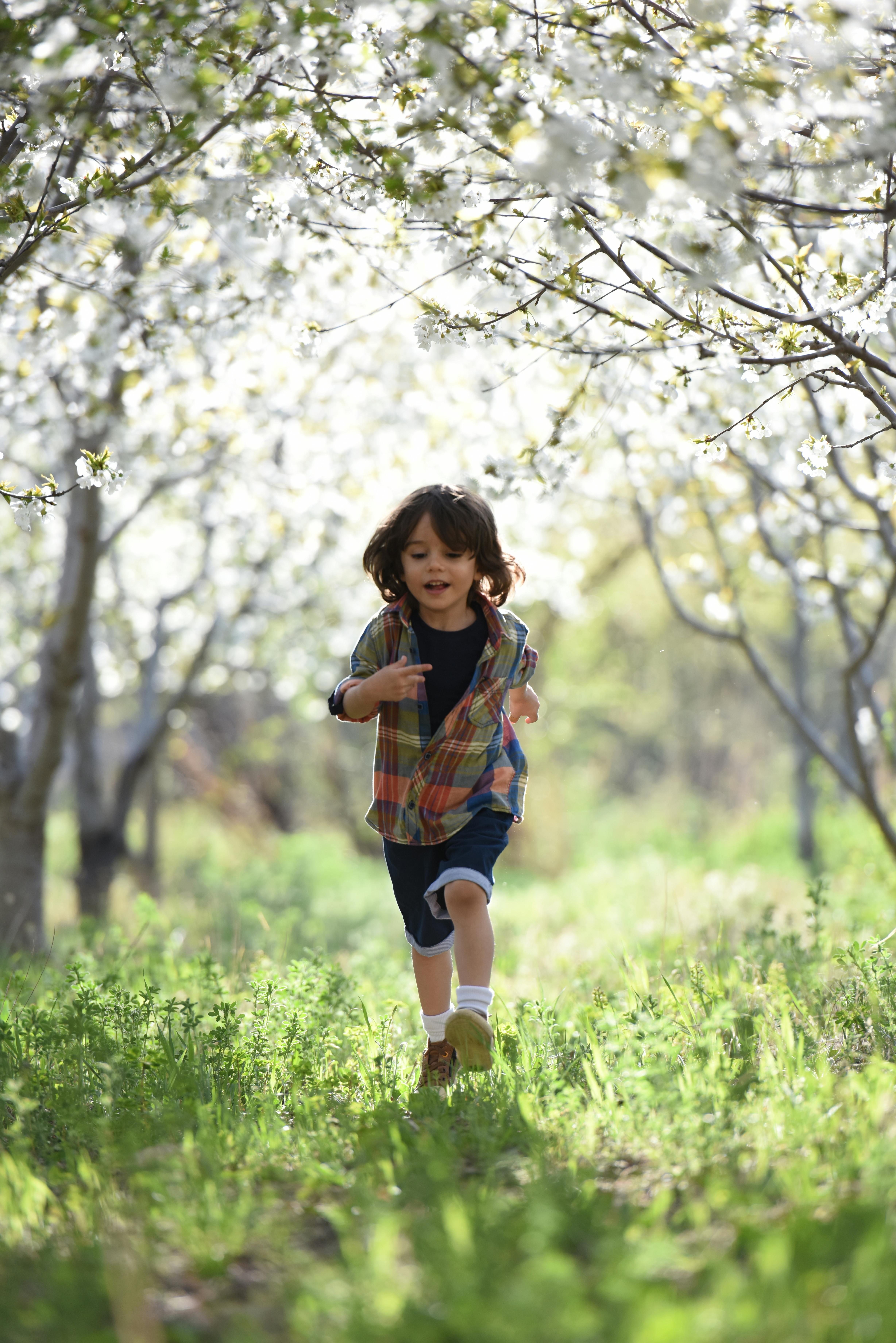
Why Children Should Play Outside: The Importance of Outdoor Play for Kids
In today's digital age, where screens dominate much of children's daily routines, it's easy to overlook the profound benefits of outdoor play. Yet, stepping outside can be one of the most enriching experiences for a child. Here’s why outdoor play is crucial for a child's development and well-being:
1. Promotes Physical Health
Outdoor play is a natural way for children to engage in physical activity, which is essential for their overall health. Activities like running, climbing, and jumping help to build strong muscles, bones, and joints. They also improve cardiovascular health, boost immunity, and help prevent obesity. The fresh air and exposure to sunlight provide additional health benefits, including Vitamin D, which is crucial for bone development and a healthy immune system.
2. Enhances Cognitive Development
Playing outside offers children a chance to engage in imaginative play and problem-solving. Whether they are building a fort, exploring nature, or inventing games, they are exercising their creativity and critical thinking skills. Outdoor environments provide unique stimuli that can spark curiosity and learning in ways that a classroom setting might not.
3. Boosts Emotional Well-Being
Spending time outside can significantly improve mood and emotional health. Natural environments have been shown to reduce stress and anxiety in children. Outdoor play provides a break from the structured, often high-pressure environment of the classroom and offers a chance to relax and have fun. The freedom to explore and make choices in a less controlled setting helps children build confidence and resilience.
4. Fosters Social Skills
Outdoor play often involves group activities, which are great for developing social skills. Whether children are playing team sports, sharing toys, or working together to build something, they learn to communicate, collaborate, and resolve conflicts. These social interactions are vital for developing empathy, cooperation, and leadership skills.
5. Encourages Connection with Nature
In our increasingly urbanized world, children often have limited exposure to nature. Outdoor play gives them the chance to connect with the natural world, fostering a sense of wonder and appreciation for the environment. This connection can instill lifelong values of environmental stewardship and sustainability.
6. Supports Better Sleep
There is evidence that children who engage in regular physical activity, especially outdoors, tend to sleep better. The combination of physical exertion and exposure to natural light helps regulate sleep patterns, making it easier for children to fall asleep and stay asleep.
7. Provides Sensory Stimulation
Outdoor environments are rich with sensory experiences—different textures, sounds, and sights that are not present indoors. This sensory stimulation is important for brain development and helps children learn about the world around them. Activities like digging in the dirt, feeling the wind, or listening to birdsong contribute to sensory development.
8. Encourages Independence
Playing outside often involves navigating spaces and making decisions independently. Children learn to assess risks, solve problems, and make choices on their own. This fosters a sense of independence and self-reliance, which are crucial skills for their overall development.
9. Strengthens Family Bonds
Outdoor activities can also be a great way for families to spend quality time together. Whether it's hiking, biking, or simply playing in the park, these shared experiences create lasting memories and strengthen family relationships.
10. Enhances Academic Performance
Studies have shown that children who regularly play outside tend to perform better academically. The physical activity involved in outdoor play increases blood flow to the brain, which can improve focus and cognitive function. Additionally, outdoor play provides practical, hands-on learning experiences that can complement and enrich classroom instruction.
Conclusion
Encouraging children to play outside is more than just a way to keep them busy; it's a vital component of their physical, cognitive, and emotional development. As parents, educators, and caregivers, it’s important to create opportunities for children to enjoy the great outdoors. Whether it's through structured activities or free play, the benefits of outdoor play are numerous and far-reaching, contributing to healthier, happier, and more well-rounded children.
So next time you're thinking of ways to engage your child, remember: sometimes the best play is just a step outside.